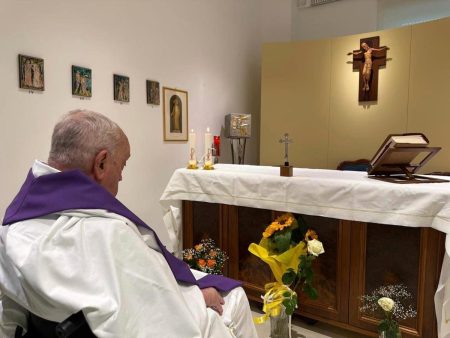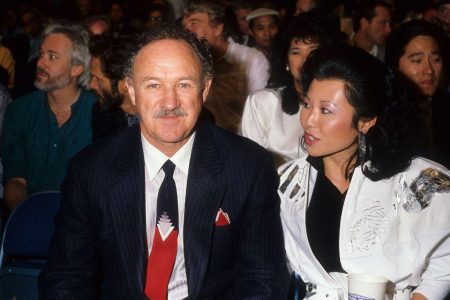The Friendship Bench: A Beacon of Hope for Mental Health
Introduction to a Revolutionary Idea
In a world grappling with the challenges of mental health, Dr. Dixon Chibanda, a dedicated psychiatrist from Zimbabwe, has pioneered an innovative approach to accessible mental healthcare. The Friendship Bench, a program rooted in community and empathy, has become a testament to the power of human connection. This initiative, inspired by a tragic loss, has blossomed into a global movement, offering hope and healing to countless individuals.
The Origin Story: A Moment of Awakening
Dr. Chibanda’s journey began with a heart-wrenching incident. In 2005, Erica, a 25-year-old patient, took her own life, unable to access the help she needed due to financial and logistical barriers. This loss was a catalyst for change. Dr. Chibanda recognized the dire need for mental health support in underserved communities and envisioned a solution that would bring care directly to the people.
Evolution of a Movement
The Friendship Bench program was launched in 2006, leveraging the wisdom and compassion of grandmothers in local communities. These women, esteemed for their life experience and cultural knowledge, were trained as lay counselors. The program’s name change from the "Mental Health Bench" to the "Friendship Bench" was pivotal, reducing stigma and encouraging community engagement. Initially, 14 grandmothers served hundreds in their suburb, setting the stage for remarkable growth.
Impact and Effectiveness
The program’s success is evident in its reach and outcomes. By 2023, over 3,000 listeners, including grandmothers, had provided support to more than 300,000 individuals across Zimbabwe. Research underscores the effectiveness of these community-based interventions, with grandmothers often proving more effective than trained professionals in alleviating symptoms of depression and anxiety. The program’s impact extends beyond mental health, fostering a sense of community and connection.
The Human Element: Stories of Empowerment
The Friendship Bench is more than a program; it is a platform for shared humanity. Arnette Ibitayo, a 74-year-old participant in Washington, D.C., found solace after losing her son and brother. Her sessions with Theresa Kelly, a retired schoolteacher, exemplify the program’s essence—empathetic listening and empowerment. These interactions highlight the transformative power of being heard and understood.
From Local to Global: Expanding Horizons
The Friendship Bench has transcended borders, now operating in nine countries, including the United States. HelpAge USA leads the initiative in Washington, D.C., demonstrating the program’s adaptability and universal relevance. As Dr. Chibanda notes, the grandmothers’ life experiences and wisdom are invaluable assets, making the Friendship Bench a sustainable and impactful model for mental health care.
Conclusion: A Legacy of Hope
Dr. Chibanda’s work, chronicled in his book, "The Friendship Bench: How Fourteen Grandmothers Inspired a Mental Health Revolution," stands as a testament to innovation and compassion. The program’s global expansion signifies a growing recognition of community-based solutions to mental health challenges. As the Friendship Bench continues to grow, it offers a beacon of hope, reminding us that healing begins with a simple conversation and a willingness to listen.
Resources for Support
For those seeking help or more information, resources such as the 988 Suicide & Crisis Lifeline, NAMI HelpLine, and Dr. Chibanda’s book are available, providing pathways to support and understanding.









